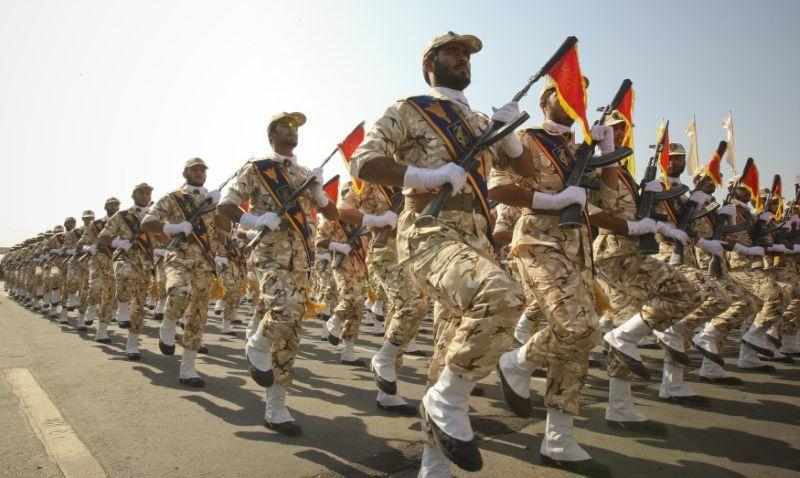JOHANNESBURG—The lawyer leading an investigation into Africa’s biggest telecom company says the evidence he has collected so far will show that the Johannesburg-based MTN Group “did business with Iranian terrorist front companies that financed deadly terrorist attacks in Iraq and Afghanistan.”
Ryan Sparacino, founding partner of law firm Sparacino PLLC in Washington, achieved a major legal victory over MTN in September 2023, when a judge in New York ruled that his case against the company could proceed under the U.S. Anti-Terrorism Act.





